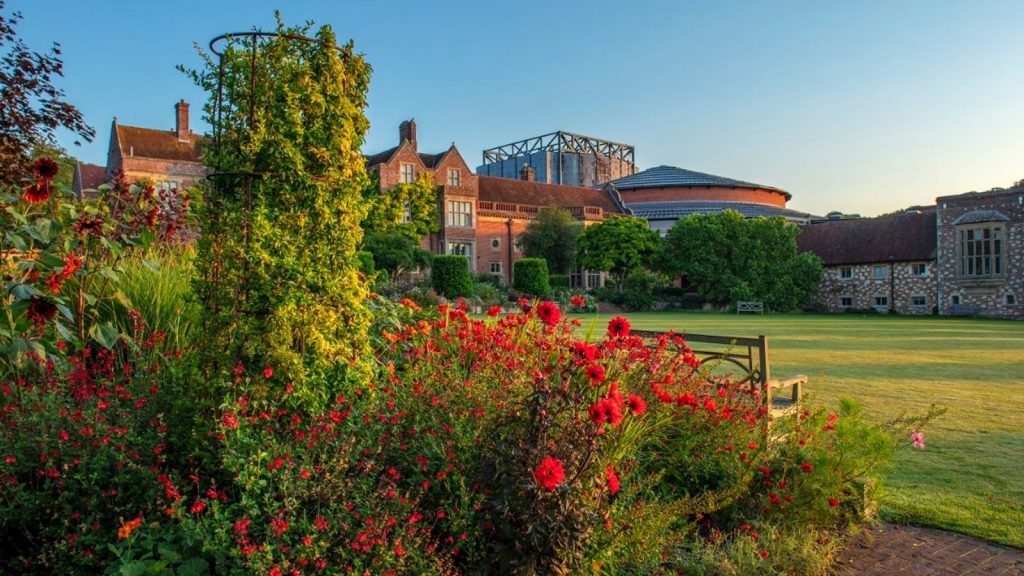

Glyndebourne says it will no longer tour in 2023 following “devastating” funding cuts announced by Arts Council England (ACE) late last year.
While the world-famous opera house was successful in its application to become be one of ACE’s 2023 – 2026 National Portfolio Organisations (NPO), they saw their annual funding slashed by half.
Glyndebourne said the cuts will affect its learning and engagement work, directly impacting community work with children and the elderly.
The company, who have been awarded £800,000 in annual funding, in comparison with £1.6m a year in the previous NPO funding period (2018-2022), said it had been exploring alternative ways to make touring financially viable, without success.
It has previously absorbed losses from the autumn tour – which takes their operas to audiences around the country – with the help of profit from the annual Glyndebourne Festival, which receives no public subsidy.
Launched in 1968, the tour has been responsible for launching the careers of numerous UK and international artists.
The festival, which is held at the Glyndebourne manor house in East Sussex and has taken place since 1936, will continue to take place ever summer. Autumn performances at Glyndebourne will also continue.
Calling the funding cuts “devastating,” the managing director of Glyndebourne, Richard Davidson-Houston, said the significant reduction in support “risks undermining the delicate ecosystem in which we operate”.
Hitting out at ACE, he went on: “These cuts have been justified in part by the need to redirect public funding to support culture in the regions. In this context, the decision to reduce Glyndebourne’s funding by 50% appears contradictory because it has the direct, inevitable and foreseeable consequence of rendering our tour financially unsustainable.”
He said the decision would also impact freelancers working for the company, as well as “worsen cultural provision for audiences around the country”.
Artistic director of Glyndebourne, Stephen Langridge, called the tour cancellation “a huge blow”.
Cities including Canterbury, Norwich and Milton Keynes will miss out on the planned main stage performances, and community projects including children singing with the Glyndebourne Chorus, workshops in care homes and chamber music recitals in universities have also been axed.
Read more: English National Opera – ‘Without funding we’ll shrivel up and die’
ACE announced its new funding programme in November, revealing the museums, libraries and art organisations which will receive money between 2023 and 2026.
They said a total of 990 institutions will share £446m each year, up from 714 organisations previously.
As part of proposed plans, ACE said £43.5m would go to organisations outside London, contributing to levelling up for the next three years.
Read more arts and entertainment news
Neighbours actress Joan Sydney dies after long illness
Stranger Things star Noah Schnapp comes out as gay on TikTok
911 call reveals how Marvel star was ‘completely crushed’ in accident
Arts institutions across the country have faced significant financial challenges over the last few years, first due to the COVID pandemic, and more recently being hit by the cost-of-living crisis, which has seen energy prices rocket, hitting public venues hard.
Meanwhile, the disposable income of potential audience members continues to dwindle, supressing box office revenue and making it even hard for venues to fill their seats.
Glyndebourne will publish a revised autumn 2023 programme later this month.

 Latest Breaking News Online News Portal
Latest Breaking News Online News Portal




